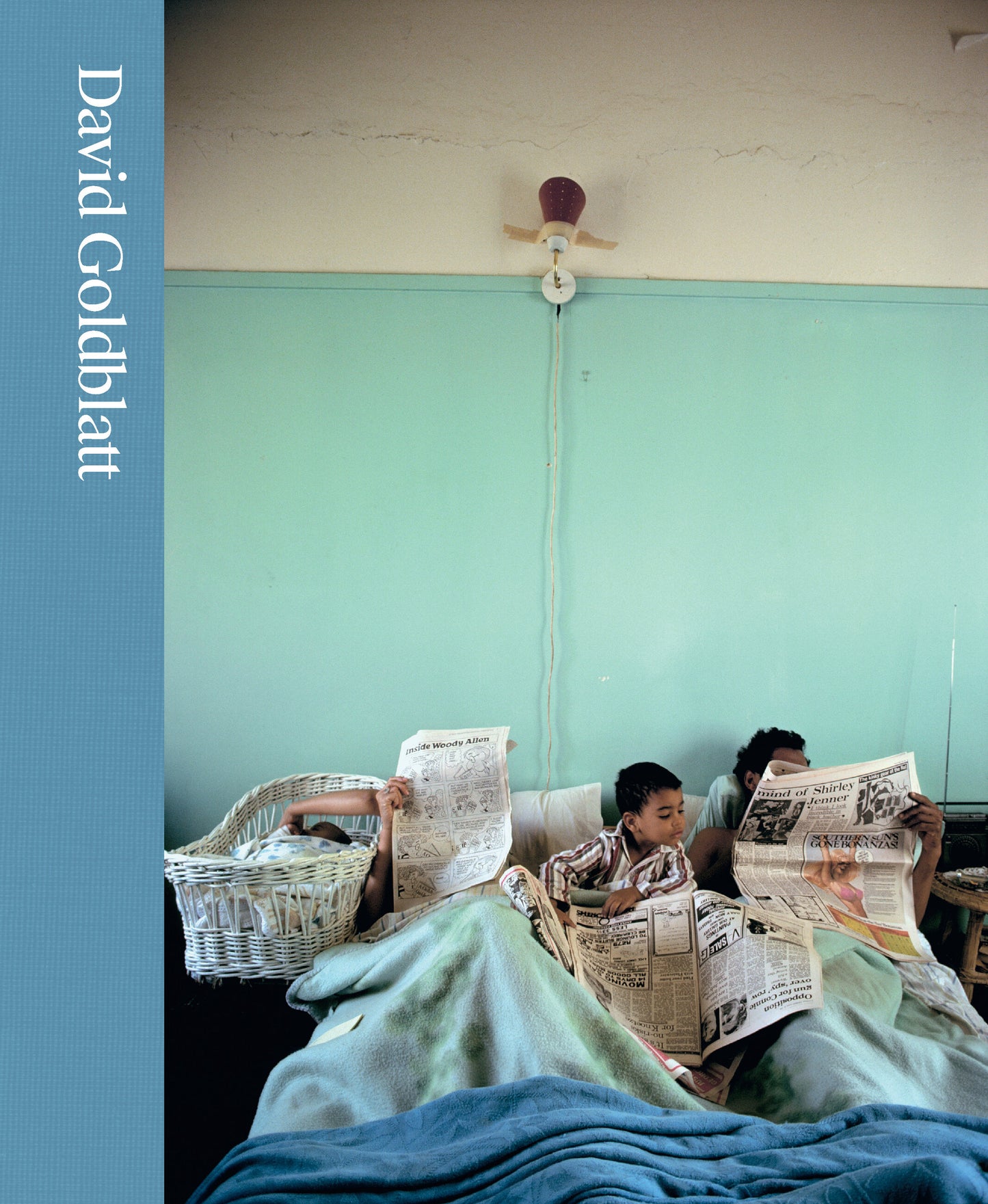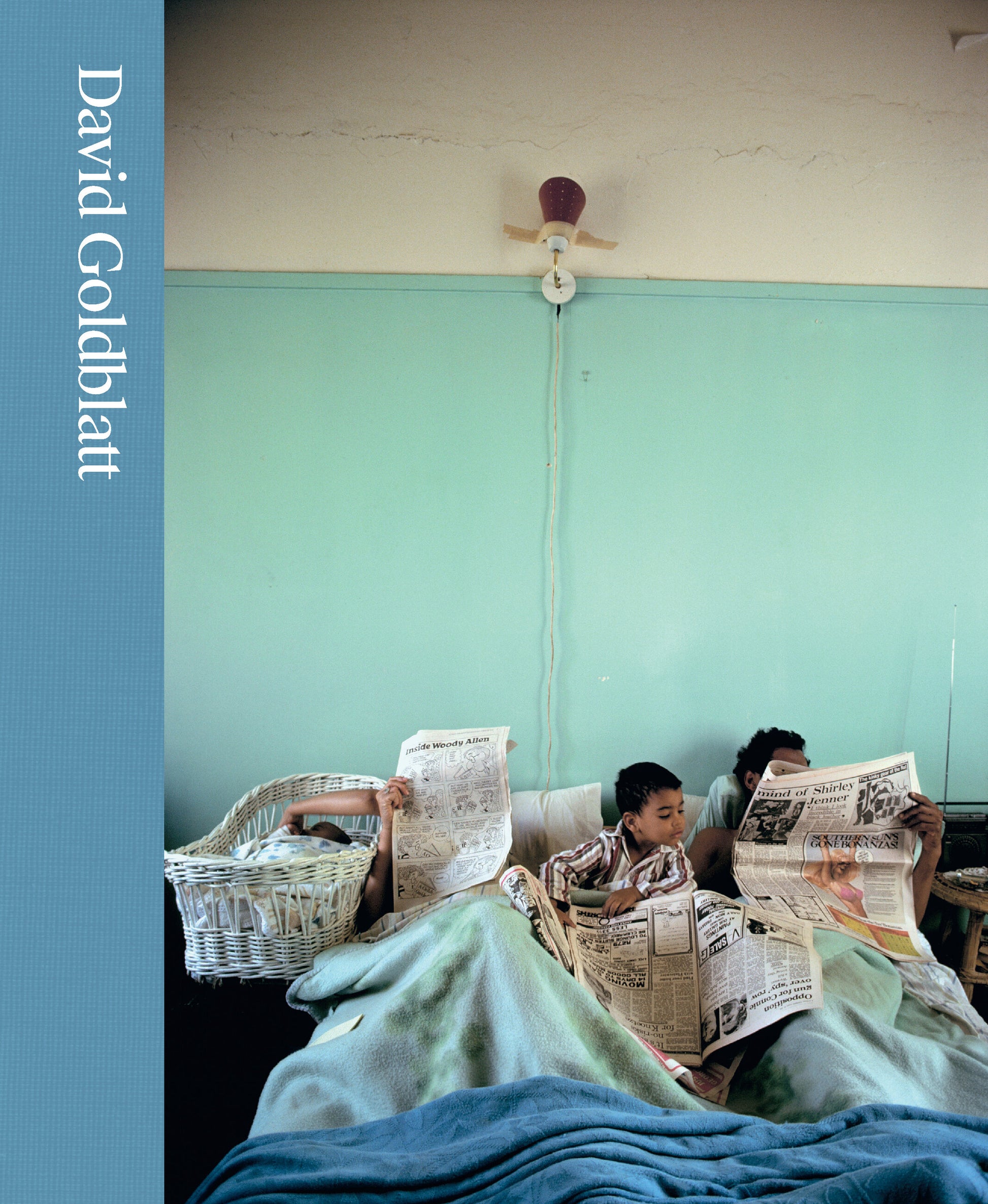David Goldblatt: No Ulterior Motive
David Goldblatt: No Ulterior Motive
Couldn't load pickup availability
Renowned South African photographer David Goldblatt (1930–2018) devoted his life to documenting his country and its people. Known for his nuanced portrayals of life under apartheid, Goldblatt covered a wide range of subjects, all of them intimately connected to South African history and politics. David Goldblatt: No Ulterior Motive coincides with a major traveling retrospective organized by the Yale University Art Gallery and the Art Institute of Chicago and presented at both venues as well as at MAPFRE in Madrid. The project seeks to expand the discourse surrounding the artist’s work, presenting it not as discrete series or projects, as it is usually, but instead—and for the first time—thematically.
The catalogue, which follows MAPFRE’s well-known design format, includes in-depth essays by Judy Ditner and Leslie Wilson and an extensive plate section that illustrates all of the objects in the exhibition. From vintage handprints of the artist’s black-and-white work, taken between the 1950s and the 1990s, to his post-apartheid, large-format, color work, these photographs are grouped under headers such as “Assembly,” “Disbelief,” “Dialogues,” and “Extraction” to draw out the artist’s core interests in working-class people, the landscape, and the built environment (ranging from humble homes to state monuments). An additional section featuring objects from Goldblatt’s personal archive—prints, negatives, transparencies, correspondence, and more, now held at Yale’s Beinecke Rare Book and Manuscript Library—is also included.
In an effort to create a more inclusive dialogue around Goldblatt’s work, the catalogue also features a section of images (drawn from the Art Institute’s holdings) and texts by several national and international contemporary photographers and scholars, many of whom were mentored by Goldblatt, including Zanele Muholi and Sabelo Mlangeni. Some write on Goldblatt’s photographs while others discuss his influence on their own work. Outside of his home country, Goldblatt has often been seen as a lone or exceptional figure. The wide-ranging voices in this catalogue foster a broader frame of reference for his work, thus countering a frequent misunderstanding of apartheid as a situation peculiar to South Africa.
Share

Subscribe to our emails
Subscribe to our mailing list for insider news, product launches, and more.
